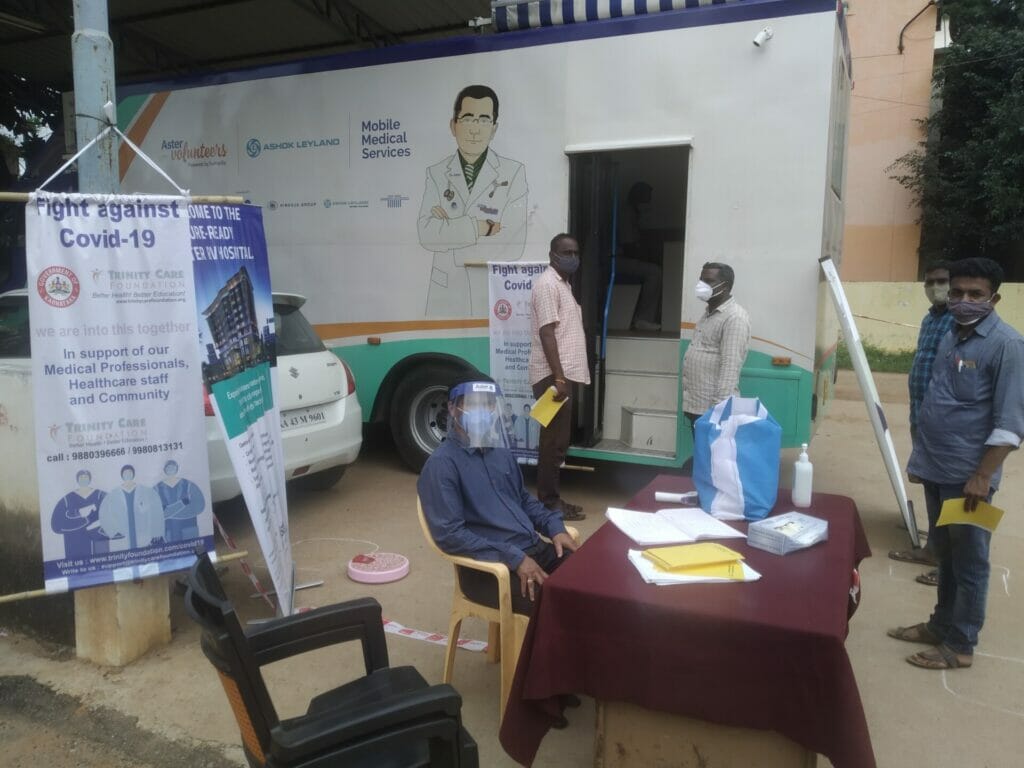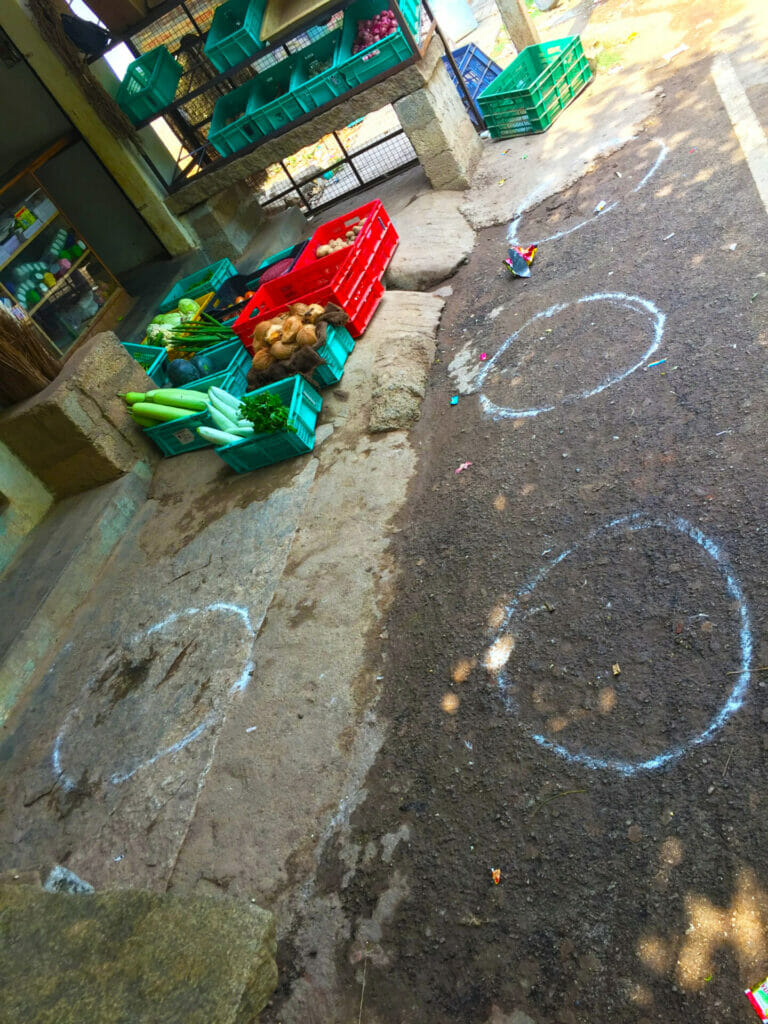Fears of a new wave of COVID-19 are spreading through the country leading to several recent government directives. We take a look at what has sparked new concerns and what this means for Bengaluru.
COVID-19 is back in the news because China is currently facing a new wave of COVID- 19 infections. Cases have also been on the rise in Japan, South Korea, and the US. The infections appear to be largely of the Omicron subvariant BF. 7, which appears to escape immune responses more successfully, is more infectious, i.e., spread to more people than the original Omicron variant, and are not as affected by existing antibodies in patients.

Epidemiologists and doctors have pointed out that the variant may be more infectious, but it is also mild. Some general recommendations are to continue social distancing, avoid large crowds, and wear masks, especially indoors.
Over 60 % of the infections are due to the Omicron BF. 7 subvariant. Experts suggest that this is because the Chinese population has had less exposure to the virus due to the Chinese government’s strict isolation and distancing policies in 2019. Restrictions were eased as Chinese citizens started to protest these measures, leading to a wave of infection in the unexposed population.
The Chinese population has also been vaccinated with several different drugs, but only two of them are confirmed to be effective by the World Health Organization (WHO). In contrast, the majority of the Indian population has had at least one dose of vaccination and likely exposure to the virus during the Omicron wave creating some immunity.
COVID-19 measures in Bengaluru
The Karnataka government has made it mandatory for the public to wear masks in closed spaces such as restaurants, pubs, theatres, and the metro. They also advise the public to test for COVID-19 if symptoms like fever, sore throat, runny nose, and cough appear.
The BF. 7 variant can also lead to diarrhoea and nausea. The state health minister, K Sudhakar, has also said that efforts were on to create COVID-19 beds in public and private hospitals with sufficient patient and oxygen capacity and to inspect their oxygen capacity every 15 days.
Read more: What’s the toll COVID is taking on mental health?
A list of private and public hospitals with COVID-19 beds for Karnataka can be found here. Educational institutions, particularly schools in the city, are likely to bring back COVID-19 protocols after Christmas break, particularly mandatory mask wearing in classrooms. Bangalore University has made it mandatory for students and teachers to wear masks and take booster shots within the campus.

BBMP has, however, reported a shortage of Covishield booster doses in the city and has written to the state government asking for 5 lakh doses. There also appears to be a surge in demand for masks and sanitizers across pharmacies in the city. Starting December 23rd, 2 % of the international travellers arriving at the Kempe Gowda International Airport will be tested for COVID-19. Passengers will be chosen based on thermal screening and symptoms.
Read more: Do Bengaluru’s COVID helplines help?
It is not entirely clear if measures, such as mandatory masking, are currently required in India, where all states are reporting very few cases. As of December 21st, this year, India has detected only three cases of BF. 7. Bengaluru’s hospitals report low rate of hospitalised COVID-19 patients.
Not as virulent
Sewage surveillance by the Infectious Diseases Research Foundation has not detected SARS-CoV-2 in the city’s waste water for five weeks now. However, the BBMP’s latest bulletin reports 12 positive cases in the last 24 hours and approximately 1, 000 active cases in the city as of December 20 2022.
Experts believe that even if this variant causes a new wave, it is unlikely to be virulent. And Dr Gagandeep Kang, virologist and Professor at the Christian Medical College, Vellore, suggests that healthy persons need not wear masks. She advises people with symptoms to stay home and wear a mask if they have to step outside. Citizen Matters will update this brief as the state government and BBMP issue more information.